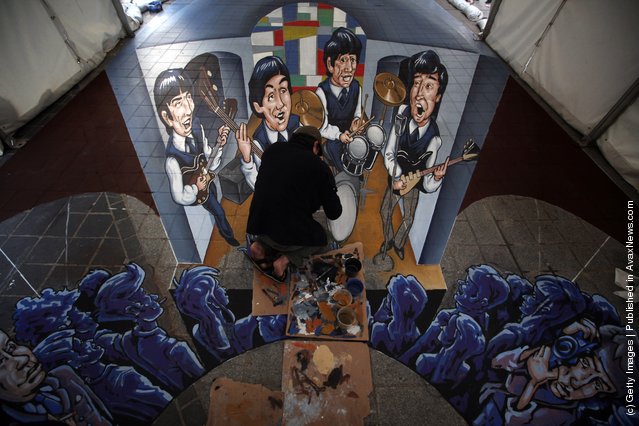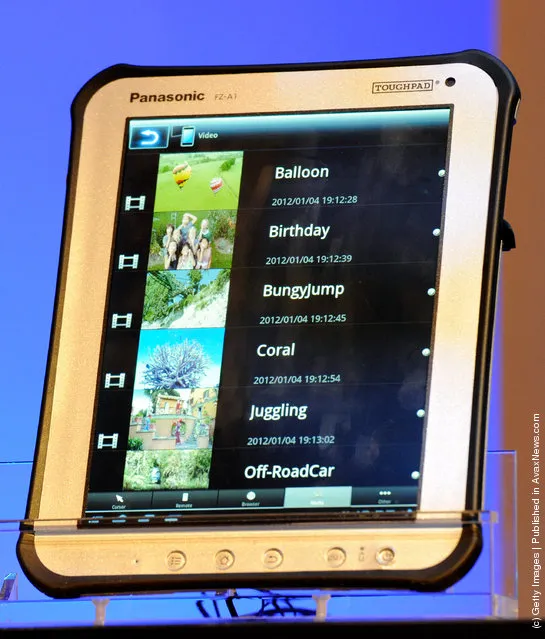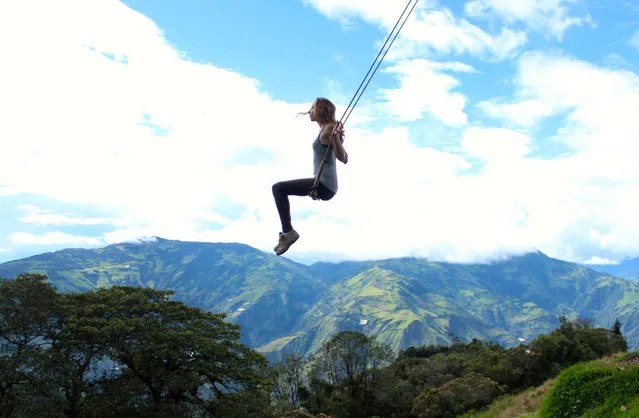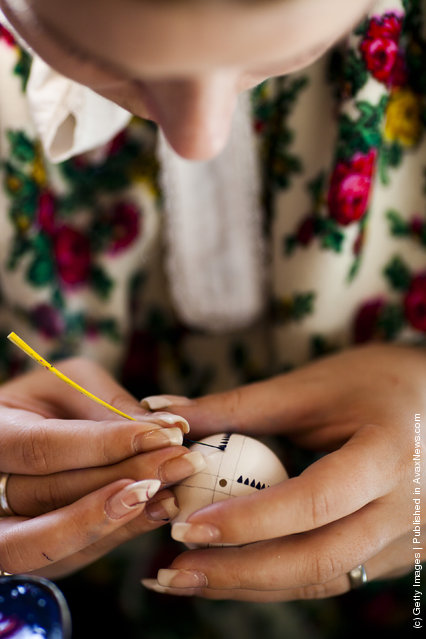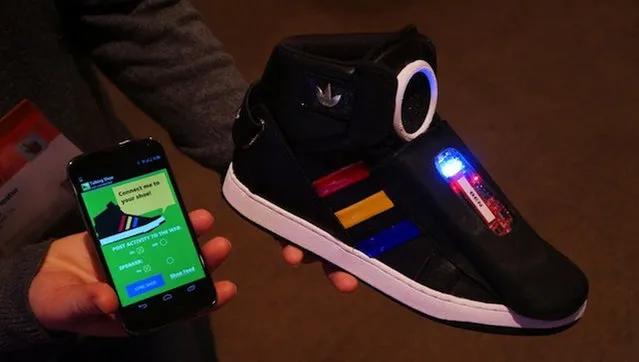
U.S. Park Police work to keep people away from the area surrounding the Washington Monument after a 5.8 magnitude earthquake struck the east coast August 23, 2011 in Washington, DC. Police officers said that unidentified material had fallen off the Washington Monument as a result of the earthquake. All the monuments and buildings along the National Mall have been evacuated and closed. (Photo by Chip Somodevilla/Getty Images)
24 Aug 2011 09:02:00,post received
0 comments

